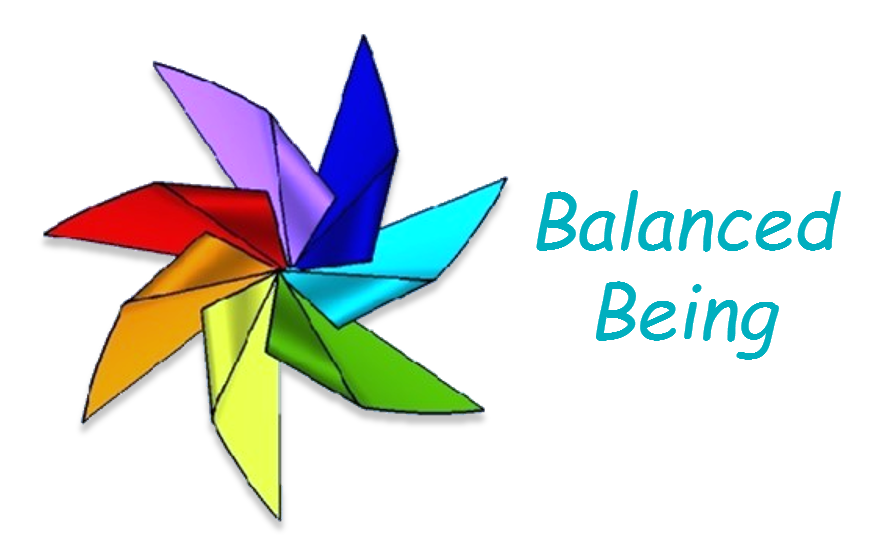-
Yoga - History & Benefits
Yoga, which translates to "yoke" meaning "connected", is a group of physical, mental, and spiritual practices or disciplines which were developed by the Indus-Sarasvati civilization in Northern India over 5,000 years ago. The word yoga was first mentioned in the oldest sacred texts, the Rig Veda. The Vedas were a collection of texts containing songs, mantras and rituals to be used by Brahmans, the Vedic priests. There is a broad variety of yoga schools, practices, and goals in Hinduism, Buddhism, and Jainism. Among the most well-known types of yoga are Hatha yoga and Rāja yoga.
At its most practical level yoga is a process of becoming more aware of who we are. Yoga techniques facilitate balance and health, and unfold our dormant potential. Yoga allows us to be more aware of ourselves and feel connected. As such, yoga is a process of self-discovery. This leads us to self-mastery and self-realization.
Yoga offers the following benefits: increased flexibility, muscle strength and tone, improved respiration and cardio health, increased energy and vitality, weight reduction while maintaining a balanced metabolism, improved athletic performance and injury prevention.
